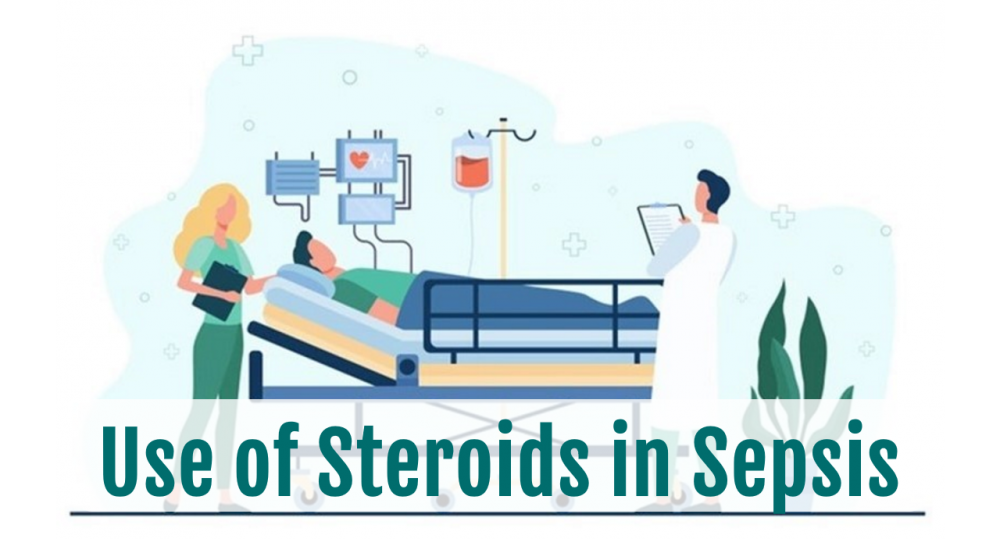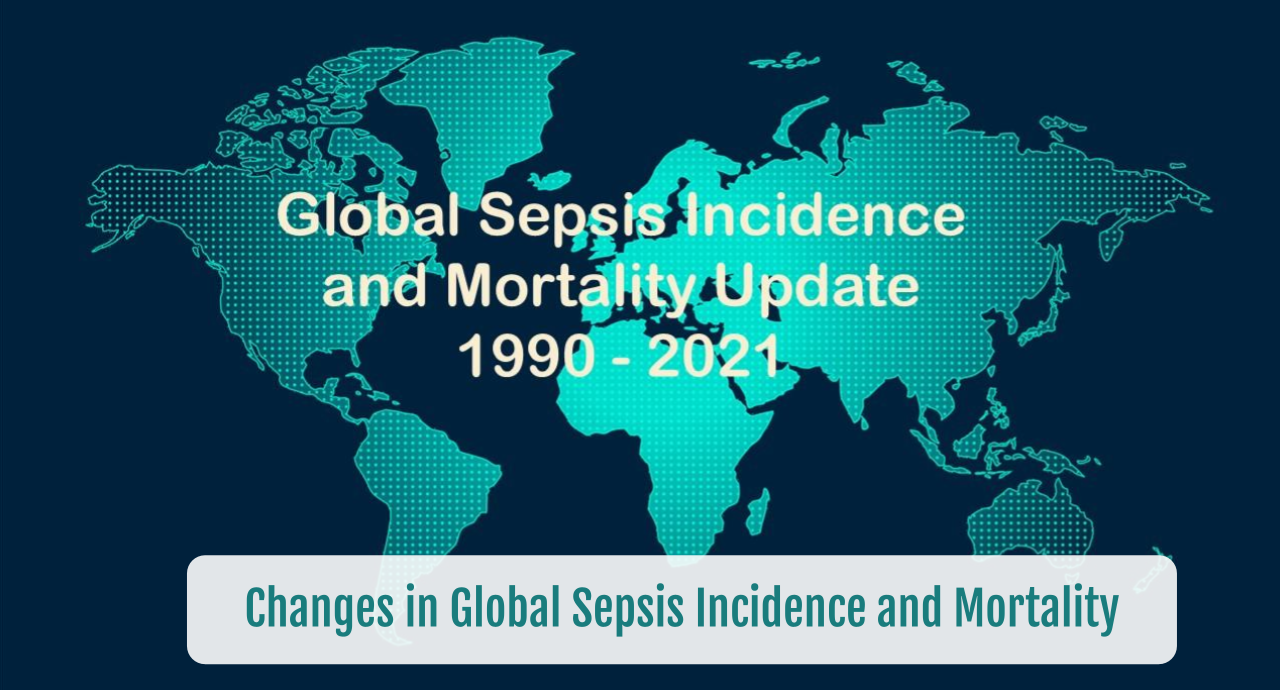Use of Steroids in Sepsis
SUMMARY
- The use of corticosteroids in sepsis has been recommended on and off for over 40 years.
- The Surviving Sepsis Campaign (SSC) guidelines previously (2016) did not support steroid use in patients with sepsis, however, the current (2021) recommendation the use of steroids in certain septic shock patients.
BACKGROUND
- Although recommended for use in patients with sepsis for over 40 years, ambiguity remains about their effectiveness and safety profiles.
- In the 1980’s, high dose (30 mg/kg) of methylprednisolone was evaluated in randomized controlled trials.
- More recent trials have evaluated lower doses: (20 mg per day) of hydrocortisone.
- Sepsis impacts the hypothalamic pituitary axis, causing a blunted adrenal insufficiency response.
- The mineralocorticoid activity of steroids will produce an increased systemic vascular resistance with an improved cardiovascular functionality.
- Steroids can also attenuate the inflammatory processes in various organs.
REVIEW
-
Surviving Sepsis Campaign 2021 Guidelines make the following statement:

- This is a “weak recommendation; moderate quality of evidence”.
- How to administer steroids in these patients remain uncertain in terms of:
- The optimal dose to use
- When steroid administration should be initiated
- How long steroids should be administered
- Steroid regimen to use
- The 2 recent trials vary in methodology and results
- Venkatesh B et al. New England Journal of Medicine 2018;378:797- 808 (ADRENAL Trial)
- Annane D et al. New England Journal of Medicine 2018;378:809-818 (APROCCHSS Trial)


CONCLUSIONS
- Based on the data, the Surviving Sepsis Campaign steroid recommendation only applies to adults with septic shock requiring ongoing vasopressor support (greater than 4 hours).
- Variations in methodologies has produced differing results. Remains unclear if improved survival will occur.
- Hydrocortisone 200 mg per day is administered.
- What remains indeterminant is:
- Administration regimen: divided doses or continuous infusion
- Duration of therap
To receive articles like these in your Inbox, you can subscribe to Sepsis Program Optimization Insights.
Erkan Hassan is the Co-Founder & Chief Clinical Officer of Sepsis Program Optimization where he designs & oversees the implementation of solutions to optimize sepsis programs.
To discuss your organization’s Barriers of Effective Sepsis Care, contact Erkan by phone (844) 4SEPSIS (844-473-7747), email (erkan@spo.icu), or video chat.





